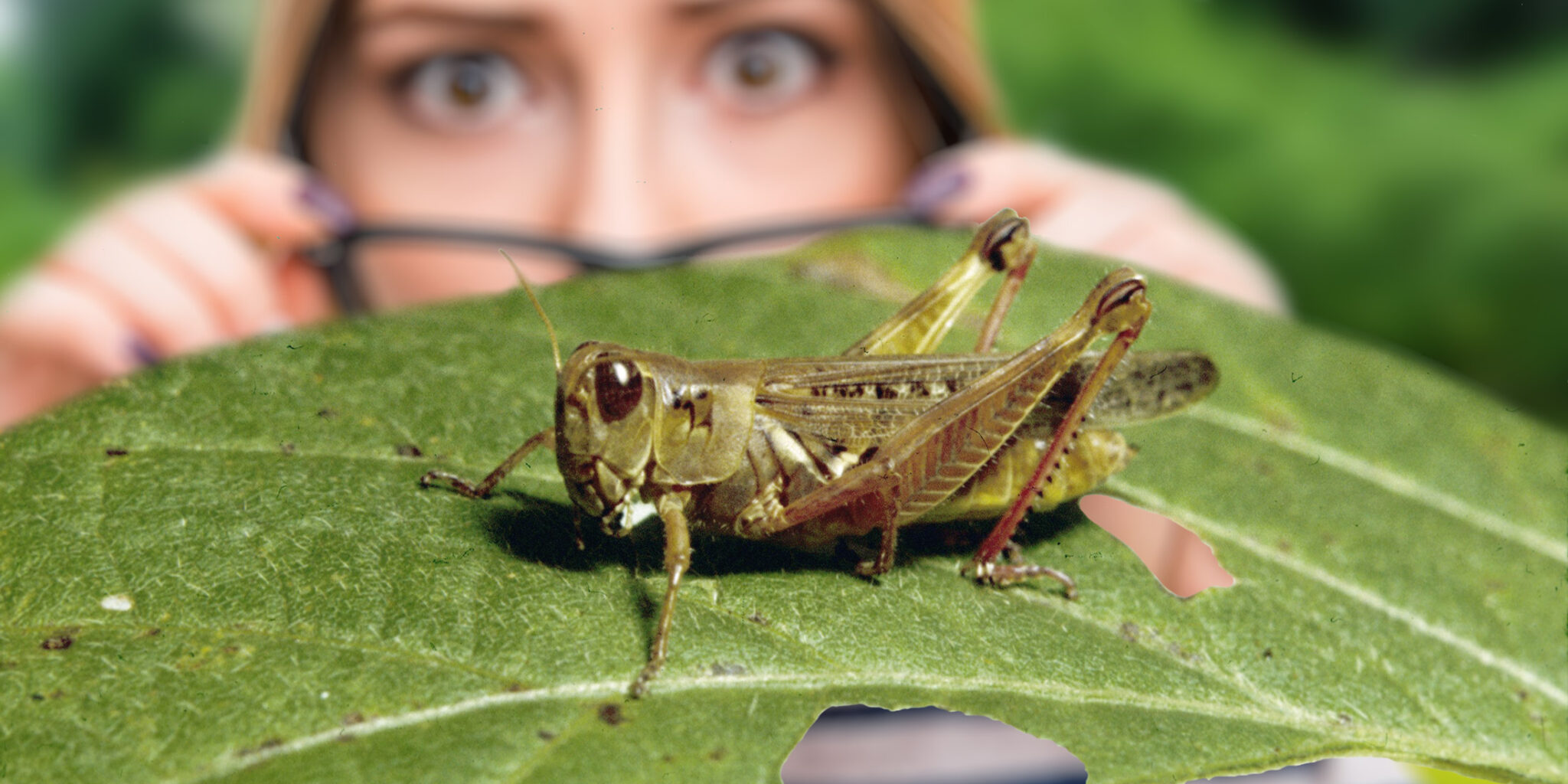Introduction
Grasshoppers can quickly become a major nuisance in any garden, causing significant damage to plants and crops. These voracious insects chew on leaves, stems, and flowers, often leading to stunted growth and reduced yields. Understanding how to deter grasshoppers effectively is crucial for maintaining a healthy, thriving garden. In this article, we explore proven strategies and expert insights to help you protect your garden from grasshopper infestations naturally and sustainably.
Why Grasshoppers Are a Problem in Gardens
Grasshoppers belong to the order Orthoptera and are known for their strong hind legs that allow them to jump great distances. They feed on a wide variety of plants, often targeting leafy greens, vegetables, and ornamental flowers. A single grasshopper can consume about half its body weight in plant material daily, meaning large populations can decimate garden plants rapidly.
- Damage Symptoms: Holes in leaves, skeletonized foliage, and weakened plants
- Rapid Reproduction: Multiple generations per season can lead to exponential population growth
- Difficult to Control: Their mobility and camouflage make early detection challenging
Natural Methods to Deter Grasshoppers from Your Garden
1. Encourage Natural Predators
One of the most effective and eco-friendly ways to control grasshoppers is by attracting their natural enemies. Birds, spiders, frogs, and beneficial insects like praying mantises and parasitic wasps help keep grasshopper populations in check.
- Install birdhouses and birdbaths to invite insect-eating birds
- Plant diverse flowering species to support beneficial insects
- Avoid broad-spectrum insecticides that harm helpful predators
2. Use Companion Planting
Certain plants naturally repel grasshoppers or mask the scent of more vulnerable crops. Incorporate these into your garden to create a less attractive environment for grasshoppers.
- Strong-smelling herbs: Basil, mint, and rosemary
- Repellent flowers: Marigolds and chrysanthemums
- Trap crops: Plant sacrificial crops like sunflowers away from main crops to lure grasshoppers
3. Apply Organic Barriers and Repellents
Physical barriers and organic repellents can reduce grasshopper access and feeding.
- Use row covers or fine mesh netting to protect young plants
- Sprinkle diatomaceous earth around plants; it damages grasshopper exoskeletons
- Spray garlic or neem oil solutions, which disrupt grasshopper feeding and reproductive behavior
Chemical and Mechanical Control Options
1. Selective Insecticides
If natural methods are insufficient, consider targeted insecticides labeled safe for garden use. Products containing spinosad or insecticidal soaps can control grasshoppers with minimal environmental impact. Always follow label instructions to protect beneficial insects and pollinators.
2. Mechanical Removal and Habitat Management
- Handpick visible grasshoppers during early morning or late afternoon when they are less active
- Remove weeds and tall grasses around the garden, as these provide shelter for grasshoppers
- Regularly till the soil to disrupt grasshopper egg pods buried in the ground
Expert Tips for Long-Term Grasshopper Control
- Monitor your garden regularly to catch early grasshopper presence
- Maintain soil health and plant vigor, as strong plants withstand feeding better
- Rotate crops yearly to prevent grasshopper buildup in specific areas
- Combine multiple deterrent methods for integrated pest management
Conclusion
Detering grasshoppers from your garden requires a multifaceted approach that balances natural predators, companion planting, and targeted physical or chemical controls. By understanding grasshopper behavior and applying these expert-backed strategies, you can protect your plants effectively without harming the environment. Start implementing these tips today to enjoy a vibrant, grasshopper-free garden all season long.
